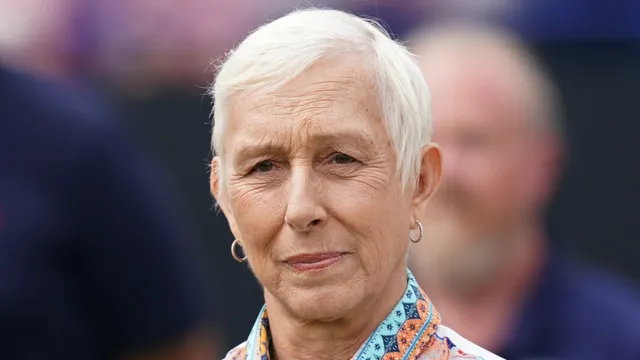
Martina Navratilova challenges the inclusion of trans women in women's sports
2025-06-19 18:58- Martina Navratilova discussed the advantages that transgender women may have in women's sports during a BBC interview.
- She pointed out that including trans women in women's competitions can disadvantage biological female athletes.
- Navratilova concluded that while emotional arguments support inclusivity, fairness in women's sports must be prioritized.
Express your sentiment!
Insights
In a recent interview with the BBC, tennis icon Martina Navratilova expressed her strong concerns regarding the participation of transgender women in women's sports. During this discussion, she pointed out significant physical advantages that biological males hold over females, mainly due to height and arm length differences. This discrepancy, according to Navratilova, results in unfair competition, as it creates situations where female athletes may lose opportunities to compete due to the inclusion of transgender competitors. As part of her argument, Navratilova addressed the emotional narratives often utilized in the debate surrounding transgender athletes, emphasizing that including biological males in women's sports results in tangible impacts on opportunities for female competitors. She argued that such inclusion ultimately leads to instances where biological female athletes are bypassed for competition slots due to the presence of trans women, who might perform better physically. Further highlighting the nuances in discussions about gender and sports, Navratilova remarked that the dialogue has tended to sideline the rights and concerns of women athletes. While acknowledging that emotional manipulation seeks to promote the idea of exclusion for trans individuals, she maintained that the evidence shows no official ban preventing transgender women from participating in sports overall. Rather, she stressed the importance of recognizing and prioritizing the integrity of women's sports. Despite facing backlash for her views, Navratilova remains committed to advocating for fairness in competition. Her insights reflect broader societal conversations on gender identity and equity in athletics, provoking critical debates about how best to balance inclusion and fair competition.